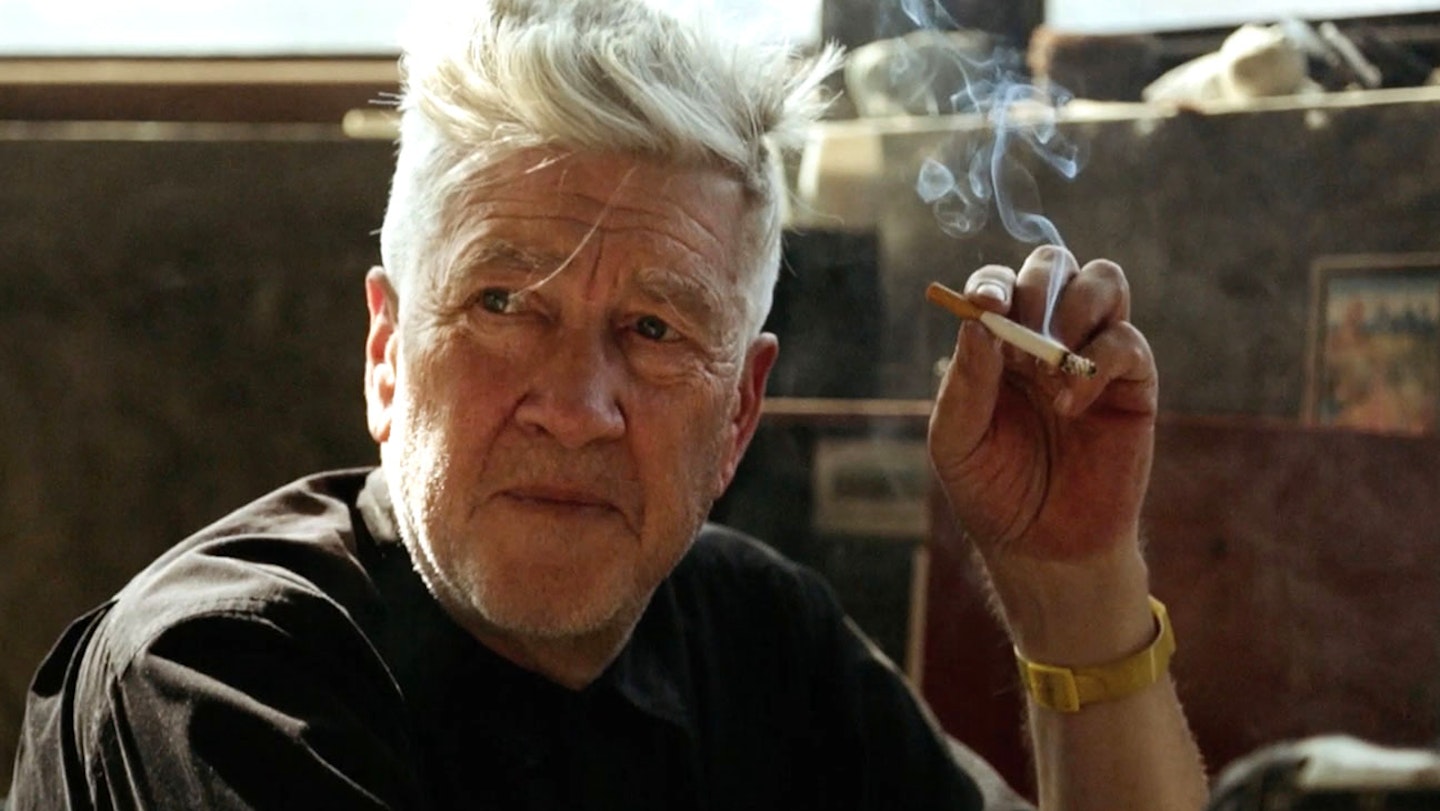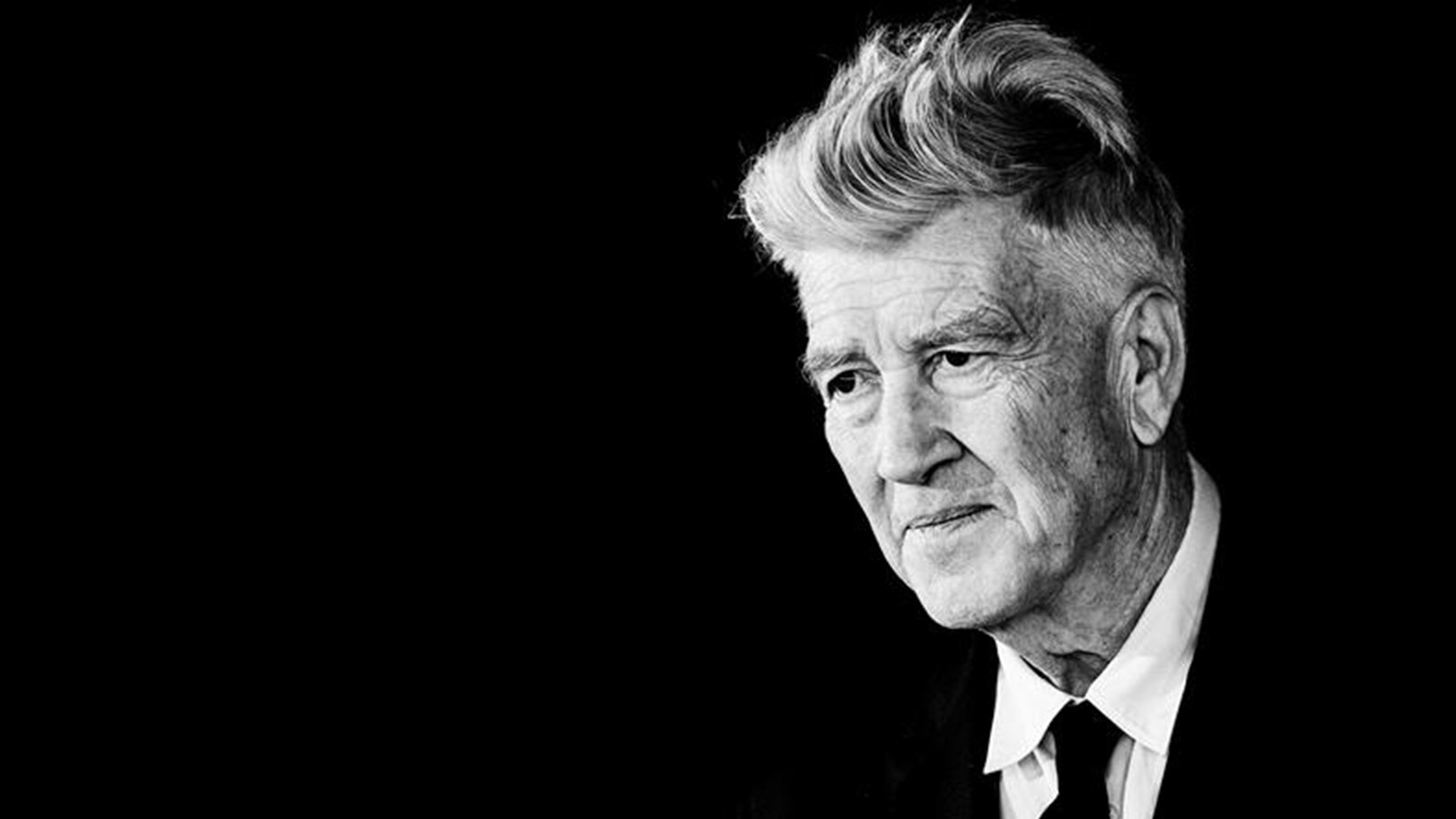Legendary American filmmaker David Lynch has died at the age of 78, it has been confirmed. The beloved director behind some of the most boundary-bre
Legendary American filmmaker David Lynch has died at the age of 78, it has been confirmed. The beloved director behind some of the most boundary-breaking works of cinema – from Blue Velvet and Mulholland Drive to Inland Empire – had previously announced a diagnosis of emphysema that left him unable to leave the house.
The news was confirmed in a Facebook post from Lynch’s family that reads as follows: “It is with deep regret that we, his family, announce the passing of the man and the artist, David Lynch. We would appreciate some privacy at this time. There’s a big hole in the world now that he’s no longer with us. But, as he would say, ‘Keep your eye on the donut and not on the hole.’ It’s a beautiful day with golden sunshine and blue skies all the way.”
David Keith Lynch was born on 20 January, 1946 in Missoula, Montana to research scientist Donald Walton Lynch and English Language tutor Edwina “Sunny” Lynch. Despite having a childhood marked by multiple uprootings — to Idaho, Washington, North Carolina, Virginia — according to where his USDA employed dad was sent on assignment, teenage David Lynch, with his aptitude for art and general apathy for schoolwork, never struggled to make friends wherever his family went and took great pride in attaining the top Boy Scout position, Eagle Scout. There was a time when Lynch was asked to give his own biography and responded, simply, “Eagle scout. Missoula, Montana.”
We are not here, however, to remember David Lynch the Eagle Scout — even if he was an Eagle Scout, and one who noteworthily attended JFK’s inauguration in 1961. Or at least we’re not here chiefly to remember this. Instead, we are here to remember David Lynch the auteur, David Lynch the great American filmmaker, David Lynch arguably The Great American Filmmaker.
Lynch’s singular artistic style earned him a richly deserved reputation as a true cinematic one-off. His are films concerned with dreamlike imagery, imbued with surrealist flair, and demonstrative of a propensity for peeking behind the pristine surface of American life to expose the darkness beneath that speaks to the soul of a man who, as a child, saw the beauty of the humble cherry tree and yet was fascinated most by the innumerable red ants that would swarm over them. His feature debut was 1977’s Eraserhead, shot over the course of several years, which became a cult classic in the years following its release. From there, Lynch directed The Elephant Man, starring John Hurt as John Merrick, which earned eight Oscar nominations; he made a flawed but beloved 1984 adaptation of Frank Herbert’s Dune, a film that would mark the start of a career-long collaboration with star Kyle MacLachlan; and he followed it up with the controversial Blue Velvet, which earned Lynch a Best Director Oscar nomination, and has in time come to be hailed as an all-time classic. If there is a theme you will notice throughout Lynch’s career, it is of him making masterful works that it often took the world at gigantic a few goes to wrap its head around.
In the early 1990s, Lynch not only continued working in cinema with the rip-roaring rock’n’roll Nic Cage x Laura Dern romance Wild At Heart, but also co-created Twin Peaks — the legendary TV mystery drama, blending American soap-operatics with surreal fantastical elements, which all hinged on the tantalising mystery of who killed youngster Laura Palmer (and the even greater mystery of whatever happened to Annie Blackburn.) The series was a major hit, and although it seemingly ended following its second season, the Peaks candle would continue to burn with Lynch’s 1992 cinematic spin-off prequel, Twin Peaks: Fire Walk With Me. In 2017, Lynch would go back to Twin Peaks in Showtime series Twin Peaks: The Return, directing all 18 instalments while re-defining the cultural conception of what event TV could be in the process.

Lynch followed up his early ‘90s films with 1997’s nightmarish psychosexual headfuck Lost Highway and 1999’s decidedly less nightmarish, less psychosexual, altogether less headfucky and actually quite lovely The Straight Story. In 2001, he released one of his most renowned works, the dreamlike Hollywood noir-inflected mystery Mulholland Drive, often hailed as one of the greatest films of the 21st century. It earned Lynch another Best Director nomination at the Oscars, as well as winning Best Director at the Cannes Film Festival (alongside Joel Coen). Lynch’s final film was 2006’s Inland Empire, a three-hour work simultaneously regarded as one of his most challenging features and representative of his singular cinematic sensibility — a Matryoshkan noodle-twister which finds Laura Dern’s actress Nikki Grace losing her marbles as the role of a lifetime begins to see fantasy and reality bleed into and reshape one another.
Beyond his film and TV work, Lynch created original music, paintings, and wrote books including Catching The Big Fish and the co-authored/created biography Room To Dream. During lockdown, Lynch took to YouTube to publish daily weather reports, eventually amassing a collection of 950 meteorological musings as part of a daily ritual that became both comfort and means of checking in for Lynch and his fans as the world grew ever more anxious and off-kilter. While Twin Peaks: The Return would ultimately prove to be Lynch’s final major inventive project, though the “New Lynch At Cannes” rumour had become an annual tradition in recent years, Lynch’s final major on-screen contribution actually came in his friend Steven Spielberg’s The Fabelmans. In a role Lynch would later come to reveal to Empire was paid in Cheetos (his bargaining, not Spielberg’s), Lynch took on the part of John Ford, dispensing to a teenage Sammy Fabelman (Gabriel LaBelle) some priceless filmmaking wisdom: “When the horizon’s at the bottom, it’s interesting. When the horizon’s at the top, it’s interesting. When the horizon’s in the middle, it’s boring as shit.” Suffice it to say, the great Lynch himself could never be accused of placing his horizons in the middle — hell, if you could make out the horizon in one of his movies at all, you’d often be one step ahead of most.

In the hours since news of David Lynch’s passing has reached us, there has been no shortage of tributes to the legendary filmmaker — from peers, from collaborators, from film lovers of all stripes who have been inspired, challenged, and changed in ways great and tiny by Lynch’s art. I Saw The TV Glow filmmaker Jane Schoenbrun, perhaps one of contemporary cinema’s filmmakers whose work is most deserving of the descriptor ‘Lynchian’, shared the following on X: “Like Kafka, like Bacon, he dedicated his life to opening a portal. He was the first to show me another world, a beautiful one of love and danger I sensed but had never seen outside sleep. Thank you David your gift will reverberate for the rest of my life.” In his own personal statement, Spielberg paid tribute to the singular handmade quality of Lynch’s oeuvre, stating, “The world is going to miss such an original and unique voice.” Speaking to Deadline, the director’s Wild At Heart lead Nic Cage proudly recalled how “I never had more fun on a film set than working with David Lynch. He will always be solid gold.” And Kyle MacLachlan, that great star who has always shone most brightly when under Lynch’s direction, shared a long and beautifully touching tribute on Instagram, concluding by saying: “I will miss him more than the limits of my language can tell and my heart can bear. My world is that much fuller because I knew him and that much emptier now that he’s gone.”
David Lynch’s impact on cinema cannot be understated. As an artist who fiercely and firmly believed that film is its own language, he was one of the all-time great interpreters and innovators of the form’s vocabulary — a man who dreamed with eyes wide open and invited all comers to bask in his wild and weird and wonderful visions.His legacy will long continue in the medium, and in a generation of filmmakers touched by his uncompromising, unpredictable, transcendent pieces of art. Our thoughts are with his friends, family, and all those inspired by his work.

COMMENTS